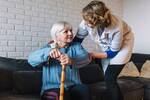Geriatrics, Social Issues / 09.11.2024
Empowering Seniors: Tips for Community Engagement and Support
Key Takeaways
- Learn practical ways to support seniors, focusing on engagement, safety, and well-being.
- Understand the impact of community involvement on seniors' mental and physical health.
- Discover practical tips for fostering a supportive and inclusive community for elderly individuals.
- Understanding the Needs of Seniors
- Creating a Safe Environment
- The Role of Social Activities
- Encouraging Physical Wellness
- Importance of Nutrition
- Utilizing Technology for Connection
- Benefits of Intergenerational Programs
- Leveraging Community Resources


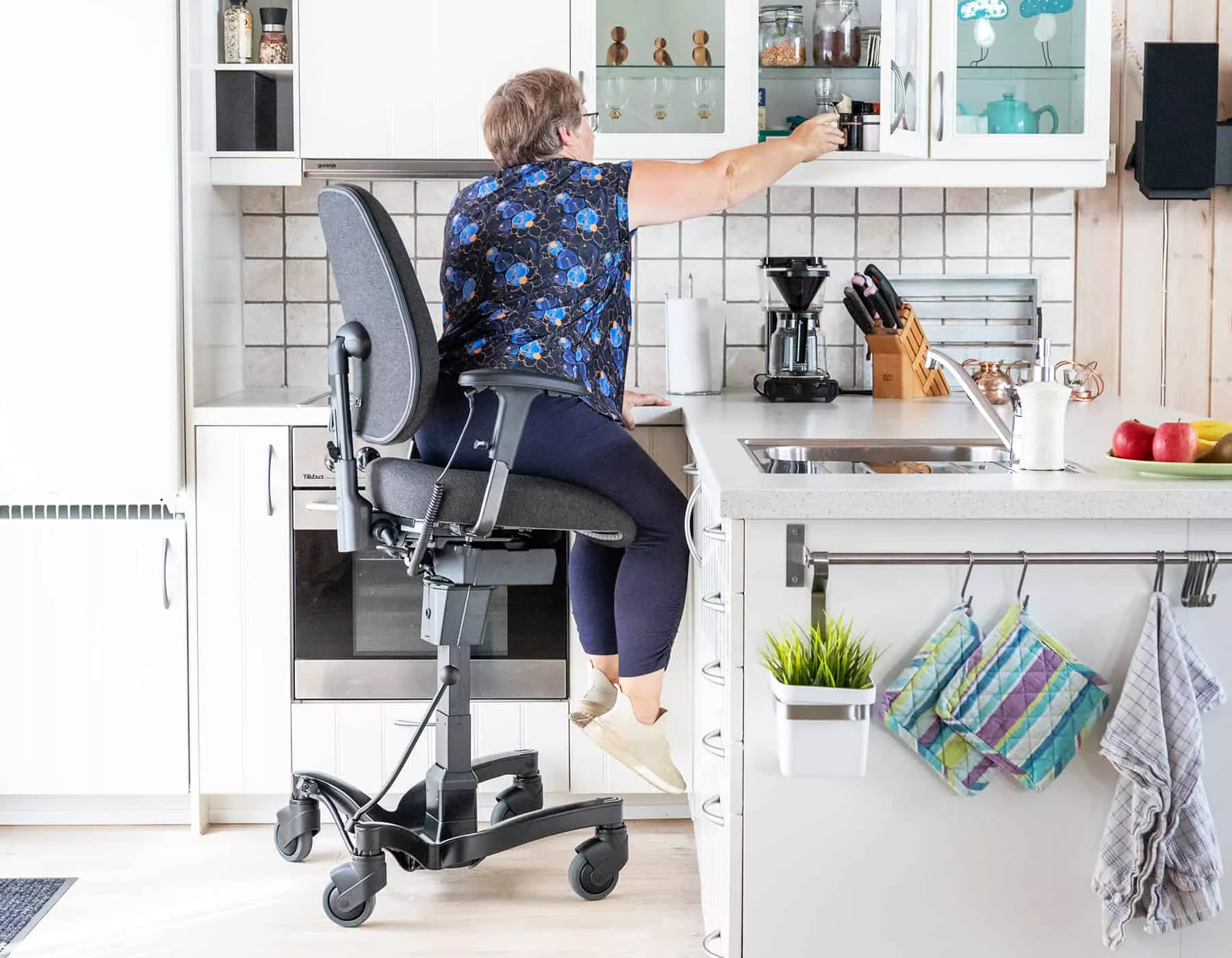

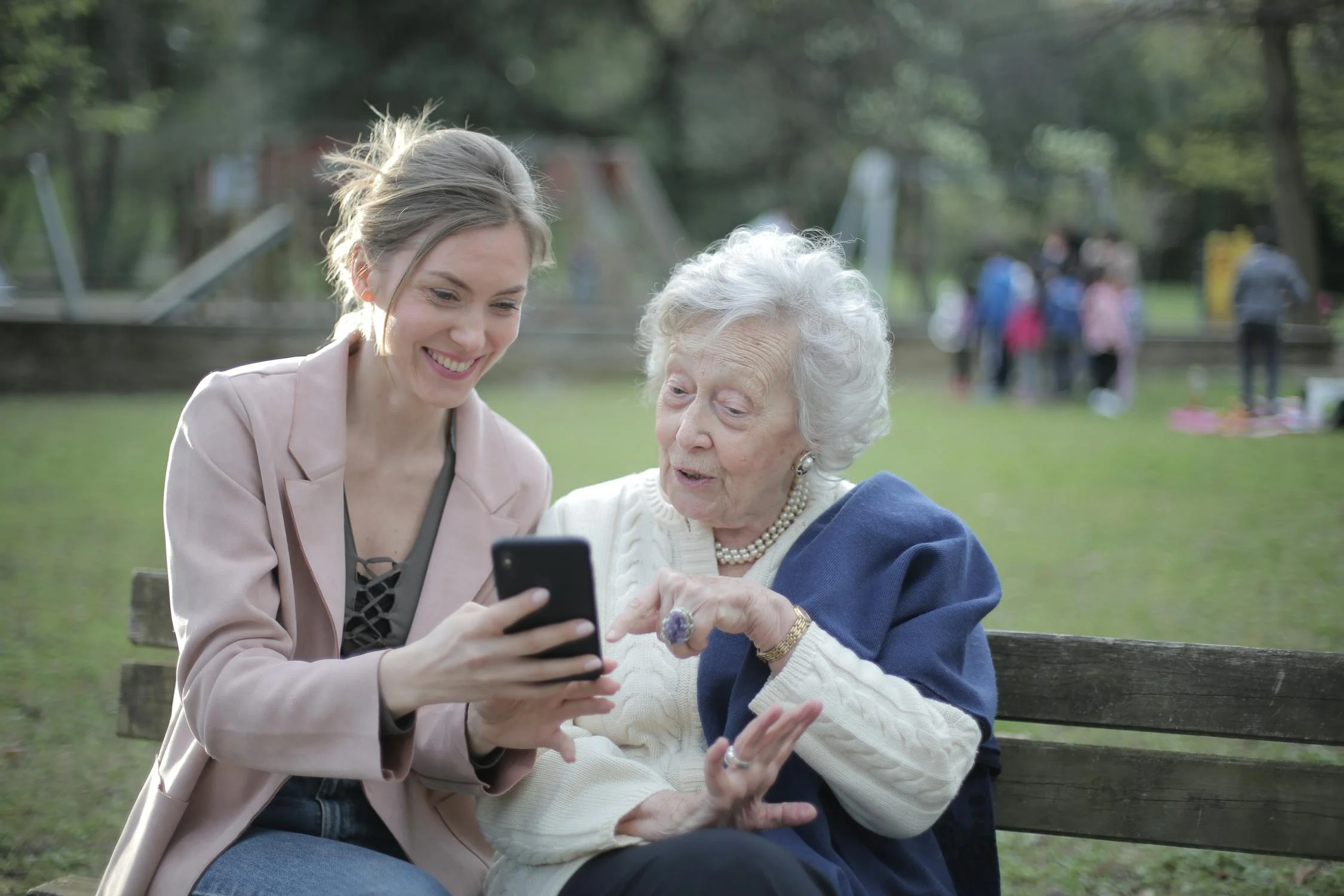
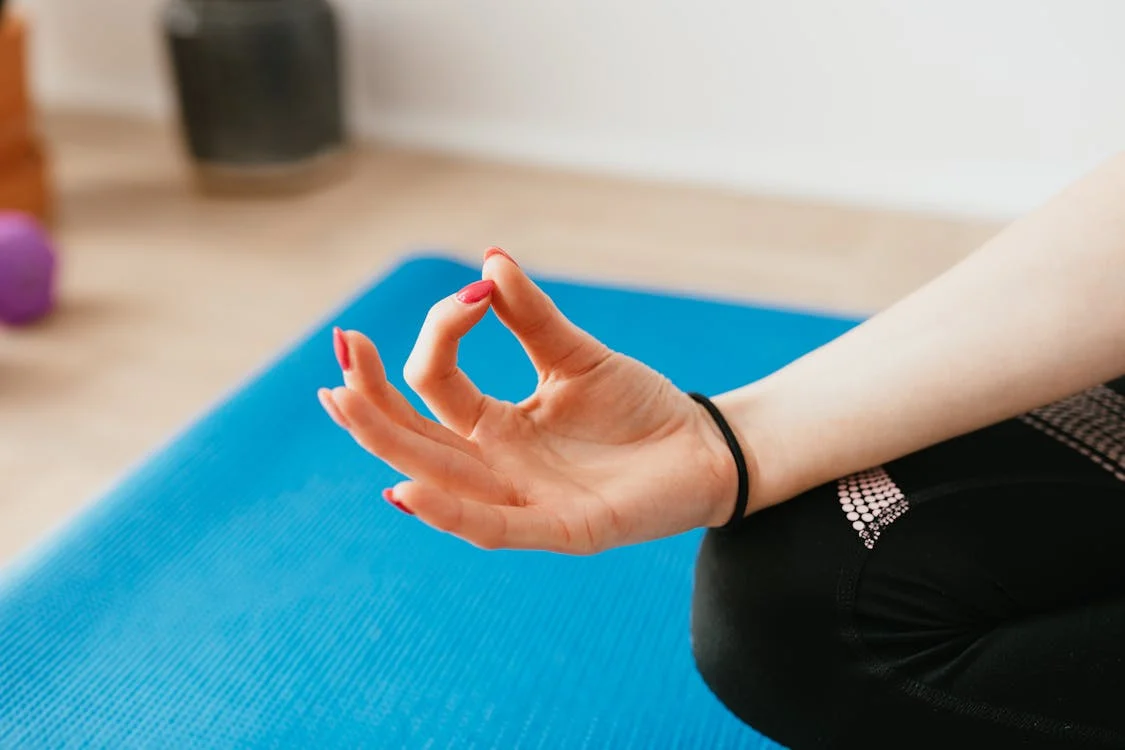
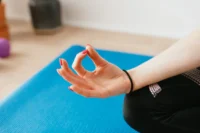 Meditation, as explained by
Meditation, as explained by 